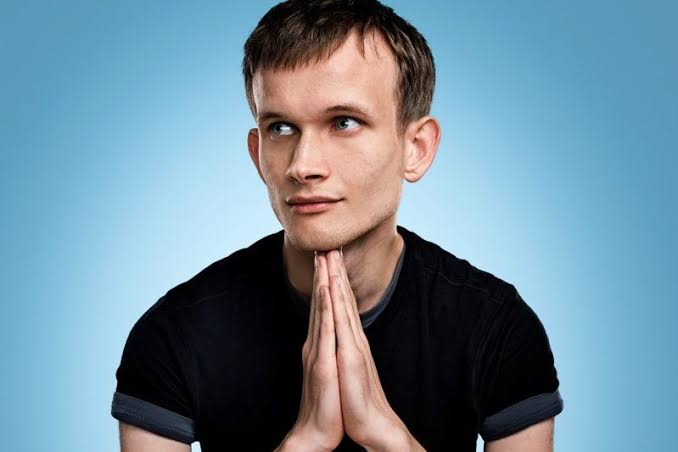
Coinposters
Vitalik Buterin On Ethereum 2.0

Vitalik Buterik, a co-founder of Ethereum, estimates the network is about halfway through its development. In the most recent episode of the Bankless podcast, the programmer revealed this.
During the podcast, Buterin was questioned about his thoughts on the network’s progress, and he said, “We are 50% of the way there.” He claimed that the development of the Beacon Chain, which provides the framework for proof-of-stake, helped the team reach this milestone. He went on to say that the London hard fork was also crucial to the network’s recent progress in the last year.
During the podcast, the Ethereum co-founder also discussed the steps the project aims to follow to make Ethereum 2.0 a success. Buterin’s ultimate objective is to leave the past in the past and develop an Ethereum that genuinely becomes simpler and easier over time, according to him.
For better administration and acceptance, Buterin noted that Ethereum needed to be easier to iterate and less data-intensive.
The executive wrote a paper called “Endgame” at the end of last year, in which he suggested that in the next years, everyone would work together. Buterin proposed techniques that would enable for a decentralised block confirmation mechanism to achieve this goal.
The founder admitted that the Ethereum network was not yet ready for “direct mass adoption,” emphasising the need for more scaling protocol improvements as well as considerably lower fees.
Buterin praised the network’s efforts with scaling protocols thus far, noting that the community remains resolute and committed to it. Aside from scaling, the CEO emphasised the need of security when it comes to the upcoming changes.
Buterin compared a blockchain network to a state that requires armed forces to protect it, revealing that network members have a similar role in securing the blockchain, noting that extra security is required with each new block.
According to Buterin, higher bandwidth and adoption will make the network more secure, as more defenders will be able to run nodes and verify that everything is running well.
Latest
Blockchain
09 May 2024
Blockchain
19 Apr 2024
Blockchain
16 Jan 2024
Blockchain
31 Aug 2023
Blockchain
24 Jun 2023
Blockchain
24 Jun 2023













